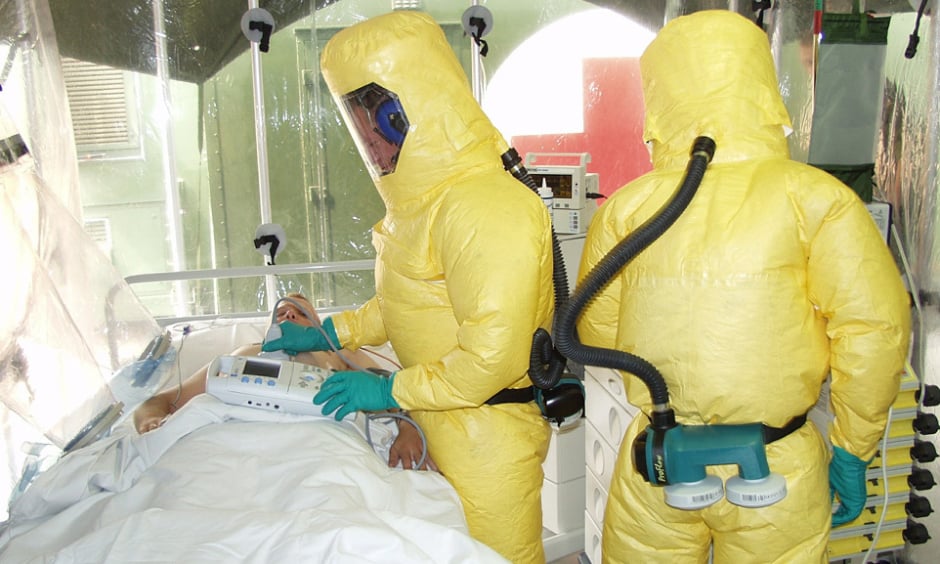NEUROLOGICAL and psychiatric problems are widespread among survivors of Ebola virus. This finding by researchers from the University of Liverpool, Liverpool, UK in collaboration with research and clinical institutions in Sierra Leone, highlights the need for improved ongoing specialist care for survivors of the condition.
Post-Ebola Syndrome
The analysis was undertaken as part of a wider effort to better understand post-Ebola syndrome (PES) in adult survivors of the 2014–2016 outbreak in West Africa. To look at the extent of neurological and psychological issues that can occur, the team observed pre-determined, major symptoms including confusion, depression, and psychosis in the patient notes of >300 adult Ebola survivors. Of these, 34 were invited for a full neurological examination, psychiatric screening, and specialist investigations such as brain scan imaging.
Migranous headache was the neurological condition diagnosed most frequently following these tests, and this was followed by stroke, peripheral sensory neuropathy, and focal peripheral nerve lesions. Most of these survivors had also developed mental health issues concurrently, with the most common psychiatric diagnoses being major depressive disorder and generalised anxiety disorder.
Impact on Quality of Life
The study outlines the major impact these severe neurological and psychological conditions have on the lives of Ebola survivors. Prof Mike Turner of the Wellcome Trust, a global charity that supported the research, commented: “It has become clear that many people who survived Ebola infection in West Africa in 2014 have had long-term effects on their health. This new study shows the damaging neurological and psychological effects of the virus, with survivors experiencing chronic migraines and strokes, as well as depression and anxiety. These findings demonstrate the devastating long-term impact Ebola has had on survivors’ quality of life, and their ability to participate in family life and with their community.”
More Support and Training
The authors argue that more support and training is required for specialist medical professionals in regions affected by the recent Ebola outbreak to provide sufficient care for the survivor population. They also point out that the complex nature of many of the cases necessitates collaborations between different medical specialties.
It is now hoped that larger, case-controlled studies will be created to better understand PES.
James Coker, Reporter
For the source and further information about the study, click here.








